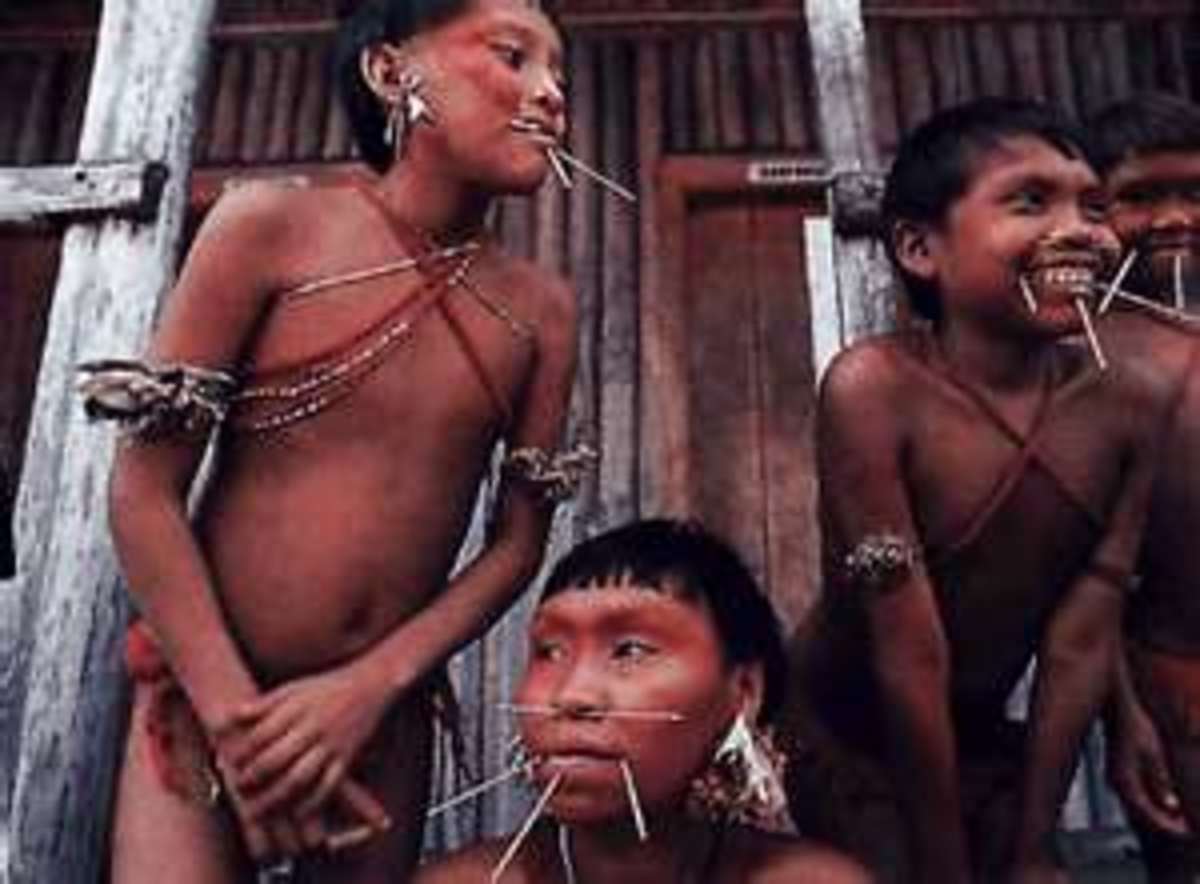What are "Third Culture Kids"?

Where's Home?
Recently I attended a 35 year reunion of "Ivory Coast Academy", the boarding school that I attended in grades 10-12. We met in Branson, MO, and it was a time of many hugs, tears, stories, singing the old familiar songs, and fun. Thirty five years is a long time but my classmates looked (and acted) the same! We have a special bond, as MKs (missionary kids) and Third Culture Kids, that others can't understand.
Third Culture Kids are kids who have grown up in a culture different from their parents' culture. In my case I grew up in West Africa with American parents. Kids in this situation often feel that "nowhere is home" and "everywhere is home". They don't completely claim their parents' country, and they can't completely claim the country where they grew up. It's a wonderful, crazy, maddening mix of two cultures, that leaves kids feeling like outsiders, like strangers, like weirdos, the rest of their lives.
Upon returning to the U.S. for college, I found myself cringing when I met people and they asked "where are you from?" I then would ask how much time they had. Sometimes I gave the long version "Well my parents are from the U.S. but then we moved overseas so I grew up in..." and other times I gave the short version "I'm from Arkansas". Sometimes when I gave the long version, people's eyebrows went up and I thought I detected that look of "well I won't have anything in common with her!" as they moved on.
Being a Third Culture Kid can be a lonely place, except when in the company of other TCKs. Usually when we moved back to the U.S. for university studies, our parents stayed on the mission field until they retired. Being alone in the U.S., a "new and foreign land" wasn't easy. I had to learn how to dress in keeping with the times, instead of wearing hand-me-downs and not caring about what was in style (I still don't care much!). I didn't know how to operate a Coke machine or the milk dispenser in the cafeteria and I learned very quickly to stand back and watch how others did things. I also learned how to ask many questions. To this day I ask too many questions!
Many TCKs feel very homesick for their home country and can't explain that longing to anyone else. While most other students are going home for the weekend, the TCK sits in his dorm room, thinking about home and wishing it were just a few hours drive away. One thing that helped me a lot was the kindness of a few friends who regularly invited me to go home with them on the weekends and holidays.

Coming back to the U.S.
TCKs love their grandparents but usually don't know them very well. They have been with them perhaps 2 or 3 times during their growing up years, during furloughs or vacations, but those close relationships are not always formed. During the summer between my freshman and sophomore year of college, I lived with my grandparents and finally I felt like I really knew them! My grandfather taught me to drive, and my grandmother helped me learn to do my laundry. I loved talking to them and hearing their stories of their childhood, how they met and got married, and my grandpa's Army service during WWII. I still feel that I don't have the relationships that I would like to have with my cousins, aunts and uncles. It's as if they got used to us being far away all those years and not including us in their lives.
The TCK's worldview is vastly different from most kids, and most of them have seen extreme poverty up close. Many have been involved with their parents in feeding refugees, helping in medical clinics, and other social endeavors that most teens have not had the opportunity to do. They have a special sensitivity to people's needs and are understanding of cultural differences. Most TCKs feel very comfortable around people from other ethnic groups and feel a special kinship to people from anywhere near their "home" country.
TCKs may find it difficult to understand the way kids in the U.S. have "everything" and waste a lot of food. One TCK I knew in college was in tears when he saw how much food was thrown away, perfectly good food that might have saved lives on the other side of the world where they grew up.
They may have trouble making friends when they first return to the U.S., as they feel like outsiders, foreigners, or misfits. Soon enough though most TCKs make friends with other TCKs or exchange students. Little by little they begin to feel more comfortable and learn the ins and outs of living in the U.S., this wonderful country that is supposed to be their country but that feels more like a foreign land to many TCKs.
I returned to the U.S. to attend college 35 years ago, and feel that I have adapted well. I enjoy the change of seasons, the availability of just about everything all the time, and the kindness of Southerners. Still, when I am reunited with other MKs and TCKs, something stirs inside me and I know that deep down, they really "get me". They know.







